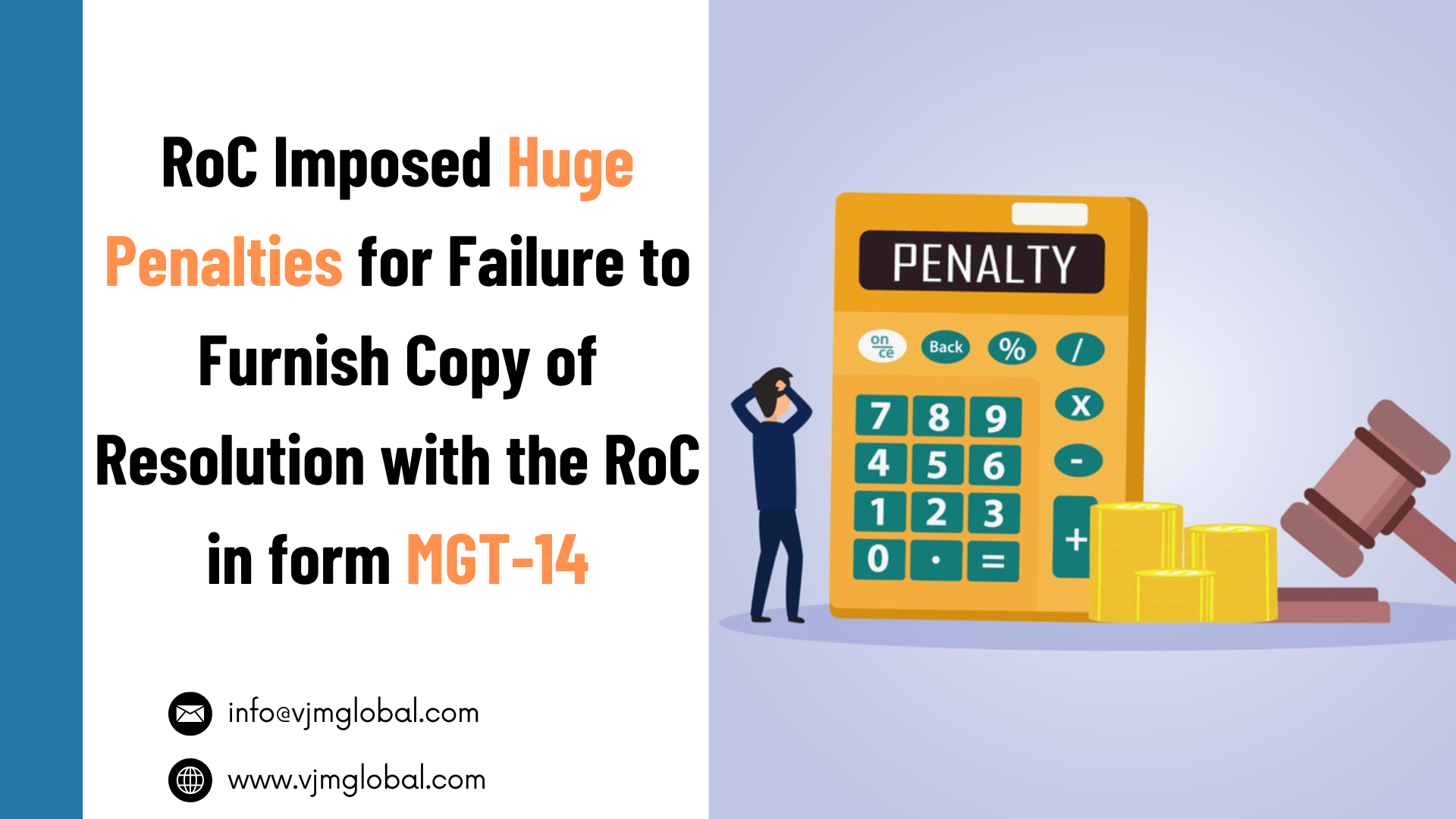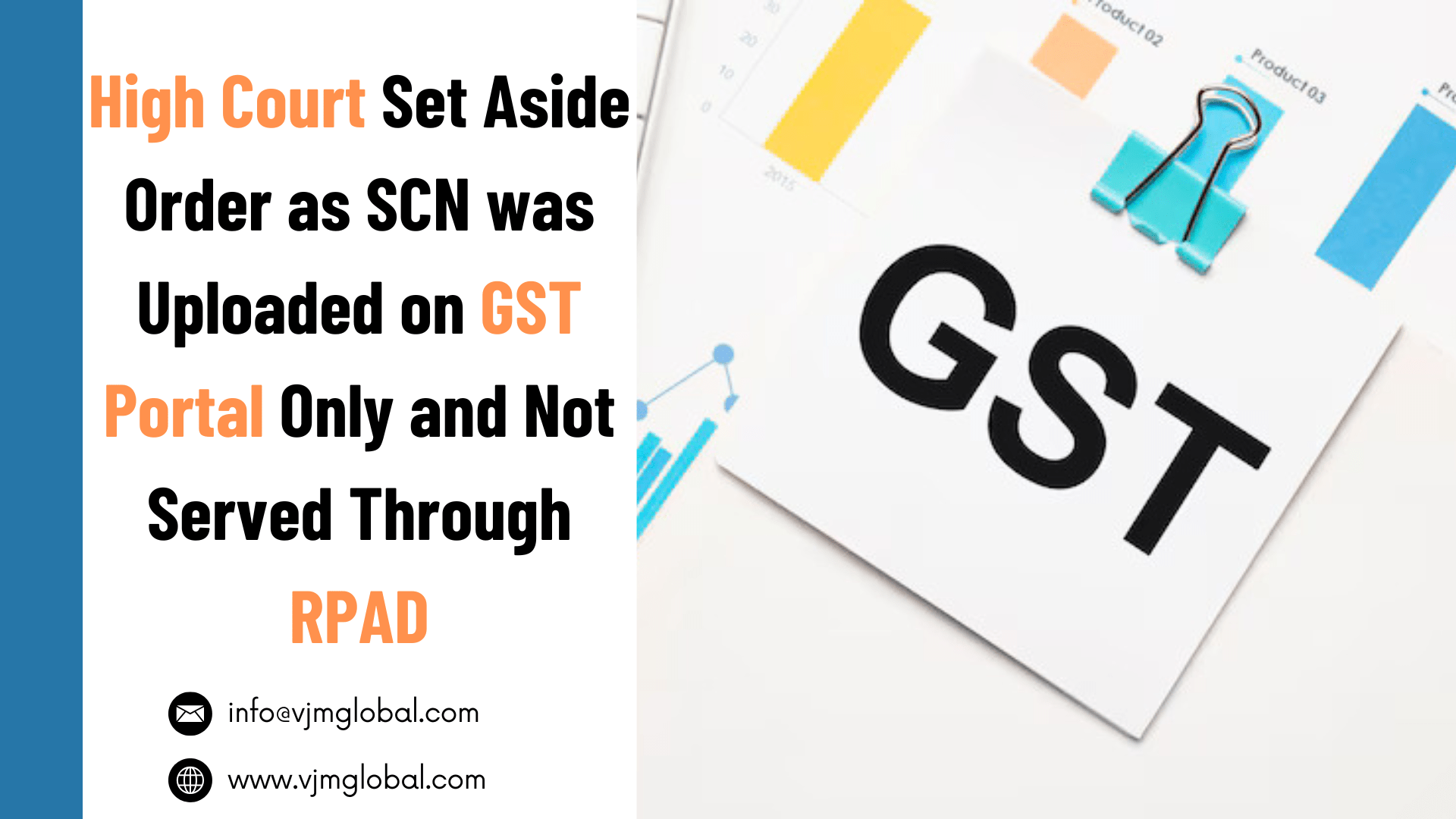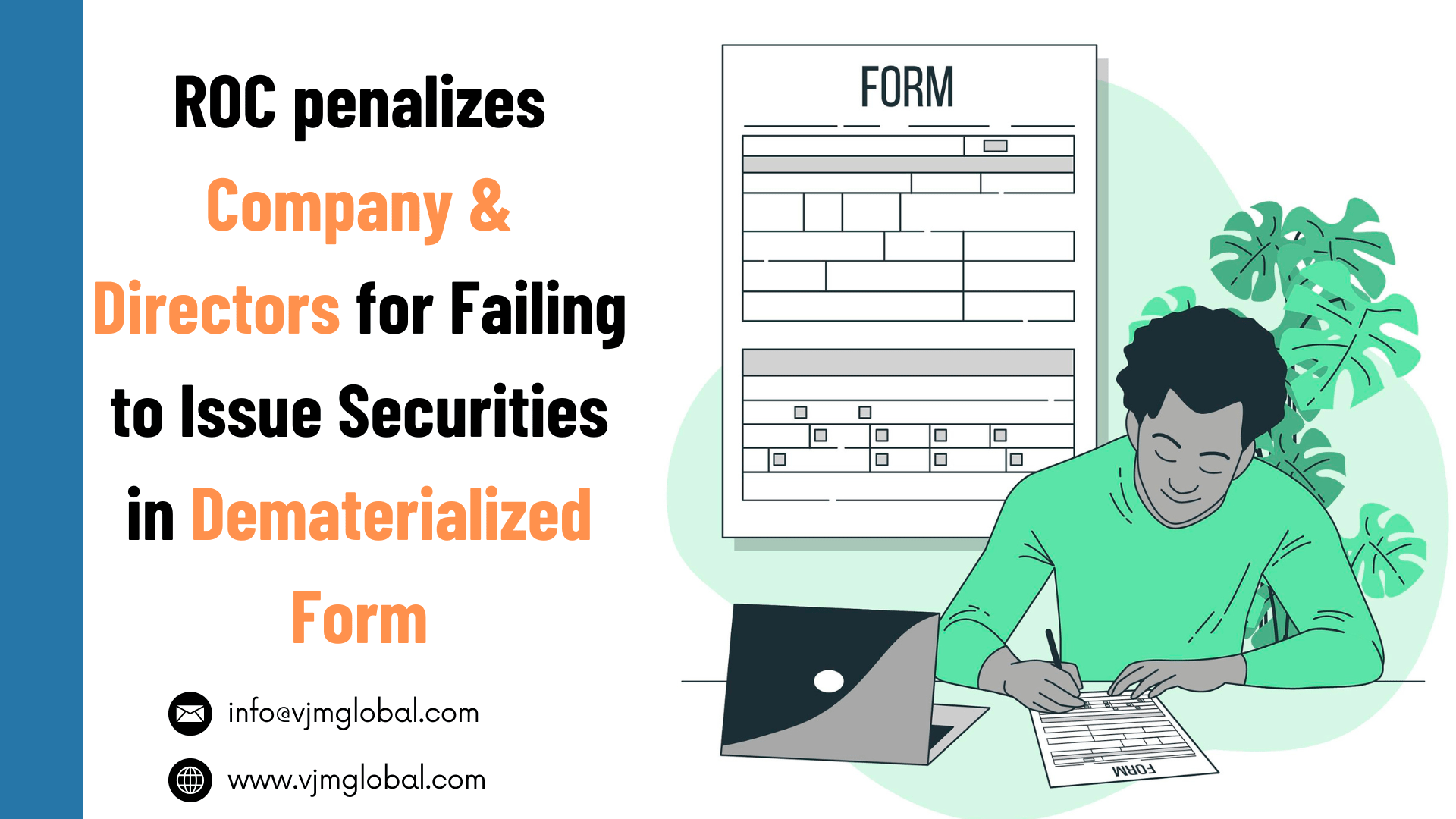For every company looking to grow and diversify, entering new foreign markets can be a calculated choice. Given its huge consumer base and developing economy, India offers Australian businesses a very tempting prospect. Negotiating the regulatory environment can be difficult. These are ten crucial pointers to make easy to register your Australia business in India with ease
1. Conduct Thorough Market Research
Knowing the Indian market is essential before you begin the registration procedure. Conduct thorough market research to get understanding of competitors, industry trends, and consumer behavior. This can enable you to customize your business plan and make sure your goods or services satisfy the needs of the neighborhood market.
Key Points:
- Recognize the tastes of local customers.
- Decide which main rivals there are and what they do.
- Analyze chances and obstacles for market entry.
2. Choose the Right Business Structure
The effectiveness of the business structure is essential for both legal and operational reasons. Common structures used by international businesses in India consist of:
- Liaison Office: Ideal for businesses wishing to create a name for themselves without getting involved in sales.
- Branch Office: Enables some business operations but with limitations, such as manufacturing.
- Wholly Owned Subsidiary: Suitable for companies wishing to do a variety of activities, it provides complete operational flexibility and control.
- Joint Venture: Join forces in a joint venture to benefit from the market expertise of a local business and split the risks and benefits.
Key Points:
- List the advantages and disadvantages of every design.
- Think on your company objectives for the long run.
- Consult an expert for the best fit.
3. Understand Regulatory Requirements
Learn about India’s regulatory framework to guarantee adherence. Among the important regulatory agencies are the Reserve Bank of India (RBI) and the Ministry of Corporate Affairs (MCA). Registering will go more quickly if you are aware of the legal criteria.
Key Points:
- Look over the FEMA (Foreign Exchange Management Act) regulations.
- Know the 2013 Companies Act.
- Track any changes to the law.
4. Prepare Necessary Documentation
One of the most important steps is to compile and get ready the necessary documentation. The documentation required could differ according to the selected business structure, however, they usually consist of:
- Certificate of Incorporation: From the Australian regulatory body.
- Board Resolution: Authorizing the Indian entity.
- Memorandum and Articles of Association (MoA and AoA): The MoA and AoA describe the company’s mission and structure.
- Proof of Registered Office: Address in India.
Key Points:
- Make sure every paper is apostilled and notarized.
- If needed, have publications translated into English.
- Verify document needs again with the MCA.
5. Obtain a Digital Signature Certificate (DSC) and Director Identification Number (DIN)
The company’s directors must have a DSC and DIN before they can file for incorporation. Electronic submissions use the DSC, whereas directors are uniquely identified by their DIN.
Key Points:
- Request DSC from approved certifying organizations.
- Take out a DIN using the MCA website.
- Make sure the directors are carrying proper identification.
6. Register Your Company Name
Getting your company name registered with the MCA comes next. To prevent rejection, pick a distinctive name that adheres to Indian naming norms.
Key Points:
- Try a name search on the MCA website.
- Verify the name accurately represents your company operations.
- Should you be turned down, have backup names ready.
7. File Incorporation Documents
Send incorporation documents to the RoC via the MCA website. The MoA, AoA, and necessary forms are included.
Key Points:
- To file more quickly, use the SPICe (Simplified Proforma for Incorporating Company Electronically) form.
- Check that every piece of information is correct and comprehensive.
- Watch the application’s progress and respond to questions right now.
8. Obtain PAN and TAN
Get your Indian company a Tax Account Number (TAN) and a Permanent Account Number (PAN). Compliance and transactions involving taxes depend on these.
Key Points:
- Apply online at the National Securities Depository Limited website for PAN and TAN.
- Make sure every business detail matches the information you supplied when you were incorporated.
- For files and financial transactions, have the PAN and TAN on hand.
9. Open a Bank Account
To make company dealings easier, open a corporate bank account there. Select a bank with expertise interacting with global businesses and that provides international financial services.
Key Points:
- Choose a bank that is well-known and present in India.
- Give the PAN and incorporation certificate, among other required paperwork.
- For easy transactions, get along well with your bank.
10. Stay Compliant with Ongoing Requirements
When your company is properly registered, make sure you continue to follow Indian laws. This covers following tax laws, keeping up statutory registers, and completing yearly returns.
Key Points:
- Stay current on updates and changes to regulations.
- Engage local accounting and legal professionals to guarantee compliance.
- Audit your compliance procedures often to stay out of trouble.
Conclusion
This approach to register your Australia business in India can be a straightforward process with proper planning and understanding of the local regulatory environment. These ten pointers can help you negotiate the difficulties and build a profitable business presence in India. This growth might open up a huge and expanding market for your Australian company, creating fresh chances for success and expansion.













